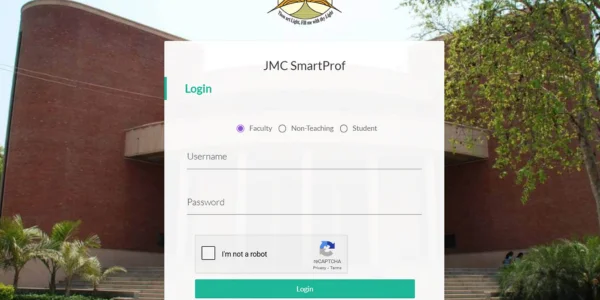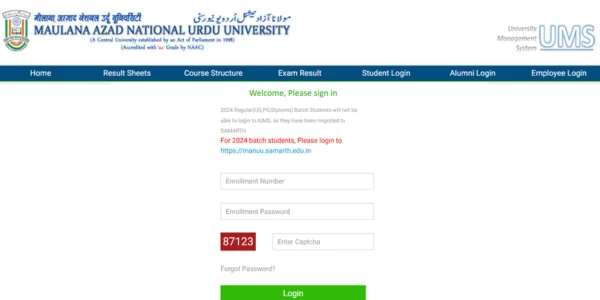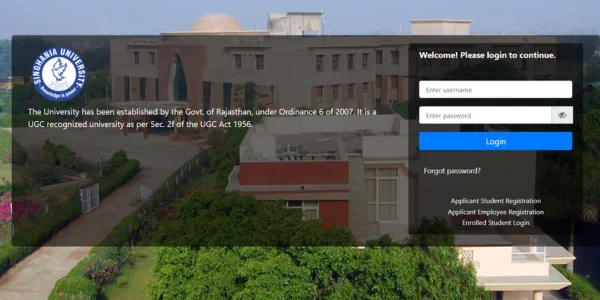BRS course full form is Bachelor of Rural Studies. It is a three-year undergraduate degree program designed to equip students with comprehensive knowledge and skills pertinent to rural development and management. The course encompasses various aspects of rural life, including agriculture, sociology, economics, and community development, aiming to prepare graduates to effectively contribute to the advancement of rural areas.
Course Overview
The Bachelor of Rural Studies (BRS) program integrates theoretical knowledge with practical applications to address the unique challenges faced by rural communities. The curriculum typically includes subjects such as:
- Rural Development Policies and Programs: Understanding governmental and non-governmental initiatives aimed at rural progress.
- Agriculture and Horticulture: Studying crop production, soil management, and sustainable farming practices.
- Animal Husbandry: Learning about livestock management and dairy farming techniques.
- Rural Economics and Sociology: Analyzing the economic activities and social structures prevalent in rural settings.
- Environmental Studies: Focusing on natural resource management and ecological conservation in rural areas.
The program also emphasizes fieldwork, community engagement, and internships to provide hands-on experience in rural settings.
Eligibility Criteria
To enroll in the BRS program, candidates must have:
- Educational Qualification: Successful completion of 10+2 or an equivalent examination from a recognized board in any stream.
- Admission Process: Admission procedures vary across institutions, with some offering merit-based admissions, while others may require entrance examinations.
Career Opportunities and Scope
Graduates of the BRS program have diverse career opportunities in both governmental and non-governmental sectors focused on rural development. Potential roles include:
- Rural Development Officer: Implementing and overseeing development projects in rural areas.
- Agriculture Extension Officer: Providing support and education to farmers on modern agricultural practices.
- Social Worker: Addressing social issues and promoting community welfare in rural settings.
- NGO Coordinator: Managing programs and initiatives aimed at rural upliftment.
- Research Analyst: Conducting studies on rural economies, societies, and development strategies.
The BRS degree also lays a strong foundation for pursuing higher studies, such as a Master of Rural Studies (MRS), Master of Social Work (MSW), or an MBA in Rural Management, further enhancing career prospects.
Conclusion
The Bachelor of Rural Studies (BRS) program is instrumental in developing professionals dedicated to the sustainable development of rural communities. By providing a multidisciplinary education that blends theory with practical experience, the course prepares graduates to effectively address the complexities of rural life and contribute meaningfully to national development.




